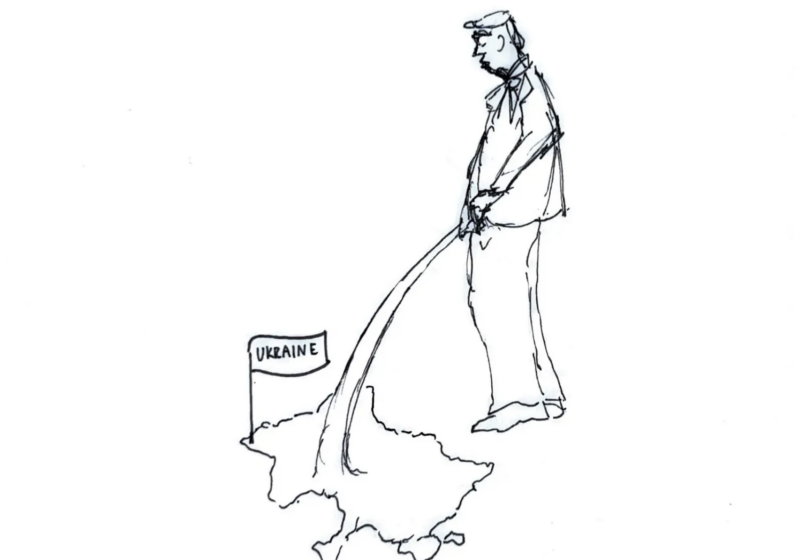At a town hall meeting on sexual misconduct held Friday, November 20 in the Interfaith Chapel, UR President Joel Seligman heard concerns, ideas and suggestions from the UR community.
The meeting, attended by more than 100 students, faculty and administrators, is a follow-up to Seligman’s Sept. 24 statement on the results of the Association of American Universities (AAU)’s Campus Climate Survey on Sexual Assault.
While UR is not one of the universities that participated in the survey, “we can learn from these worrisome findings…and reaffirm our commitment to end sexual assault and sexual misconduct on campus,” Seligman wrote.
Referring to the changes that have taken place on campus in the last few years—including the creation of new resources and the establishment of a University-wide student sexual misconduct policy—as “good work,” Seligman emphasized the need to continue such efforts: “it is not sufficient as long as one incident of sexual misconduct takes place on our campus.”
Students at the Town Hall shared that sentiment. The University is the subject of a Department of Education Office of Civil Rights (OCR) inquiry into a Title IX complaint, filed by an alleged victim of sexual assault. Filed last May, the student’s complaint said that UR Public Safety officers physically restrained her during a panic attack that occurred after the assault incident. Seligman explained the next steps in the process and stated that the University has fully cooperated with OCR during the ongoing investigation.
The allegations in the complaint, which were detailed in a Huffington Post article in June 2015, led several students to raise concerns regarding Public Safety during the question and answer session. Seligman and Morgan Levy, UR’s chief Title IX compliance officer, did not address those concerns in detail due to the ongoing case and privacy protections, but said that actions are carried out in students’ best interest. Moreover, Public Safety officials explained that their officers undergo extensive and specialized training on how to respond and handle sexual assault cases.
Many seniors attending the meeting noted the improvement of policies and the positive changes they have seen occur on campus during their time here. Some also suggested additional improvements that could be made, such as better sexual assault prevention education programming and more focus on sexual abuse in relationships. Several students spoke of their individual experiences, which involved the accessibility of resources for international students, the challenges of limited counseling sessions and the lack of “safe rides” for off-campus students.
Greek-affiliated students spoke of the stigma that is sometimes associated with Greek life, while another student suggested that incidents occur in other large organizations on campus as well. In response, Seligman suggested that “sexual violence knows no class, knows no specific location […] it touches people in an amazing range of ages. There is no single organization or type of organization anybody should blame.”
Seligman urged the University community to unite in its efforts, saying, “This doesn’t end today. This is an ongoing process.” Referencing the title of last year’s student-created campaign video, Seligman concluded by saying that “it’s on us” to prevent sexual assault and rape on college campuses.
The Town Hall is the first of several meetings that will be held to discuss the topic. Additional group discussions with the University will also be scheduled.
Wu is a member of
the class of 2016.





